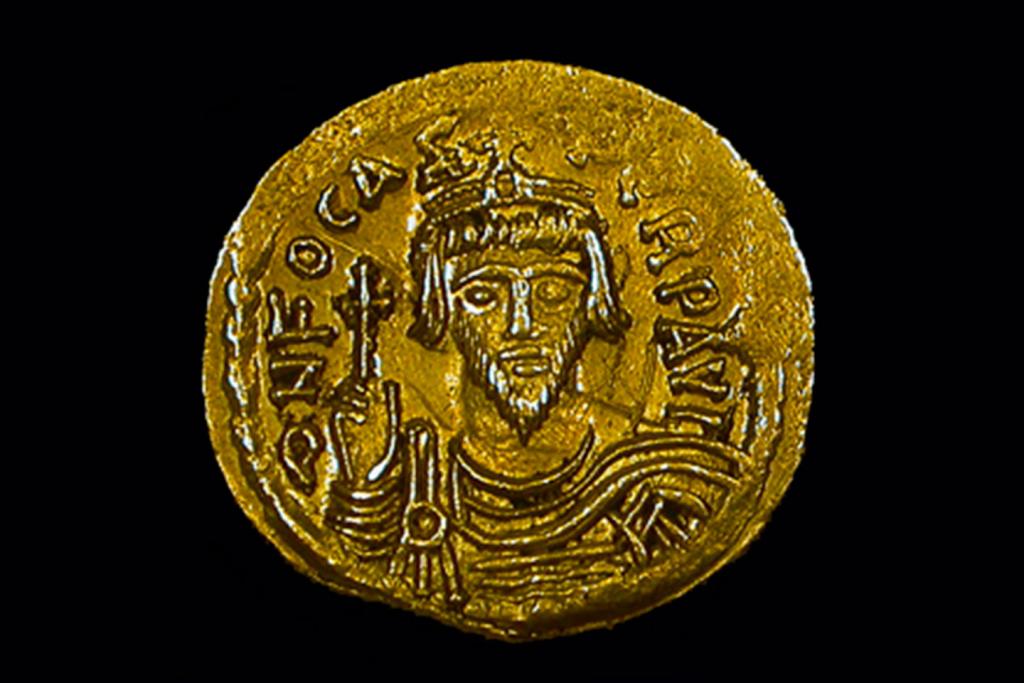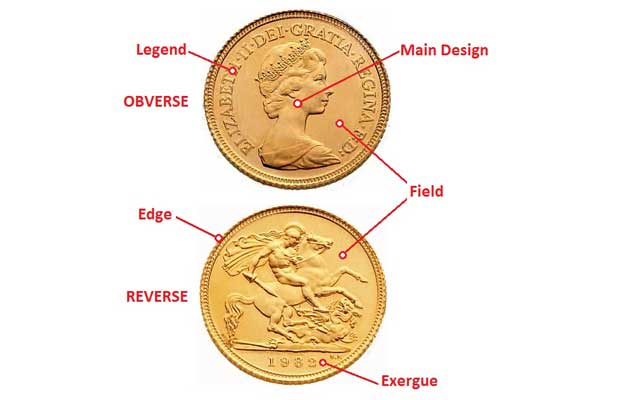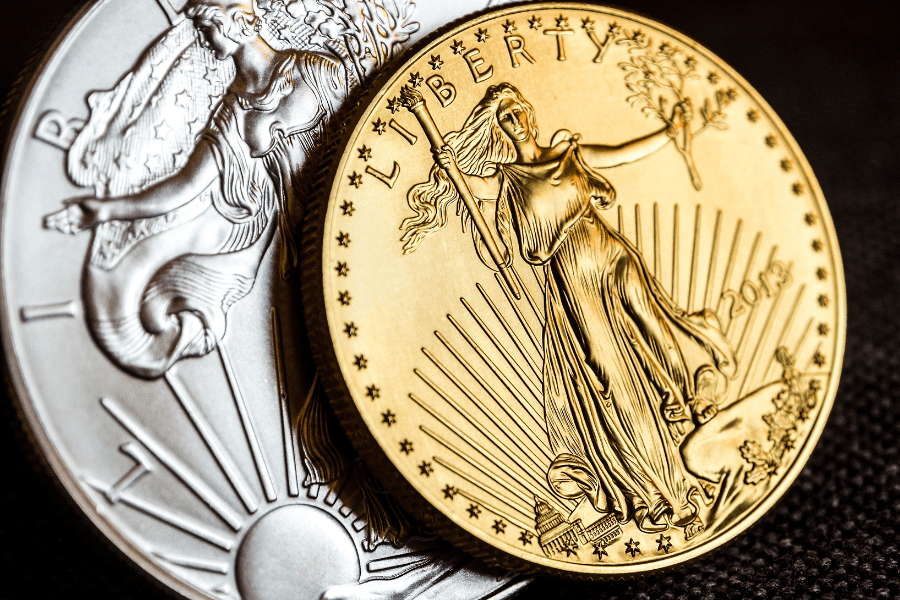Handy Suggestions To Picking Coin Planchet And Penny
Wiki Article
How Do I Use An Numismatics Database To Study Global And Regional Association?
This is a method that can be structured to conduct this kind of study. This is a method that can be structured to conduct such research. JSTOR and other academic databases and repositories provide access to academic papers and conference proceedings.
Define Research Focus: Specify your research objectives. Are you interested in exploring the history and activities of global numismatic associations or conferences, regional collaborations, publications, or specific subjects in numismatics discussed by these organizations? Find out the purpose of your search.
Search Strategy: Include keywords such as "numismatic associations", "global numismatics", or "regional numismatic societies" when appropriate. Additionally, you may include the names of particular organizations or regions. Utilize advanced filters to filter search results by kind of document, date (such newsletters or conference papers from associations), and geographic scope.
Get information on international and regional numismatic societies which include their mission, history and membership. You can also find out details on publications and other activities. Check out information about past and upcoming workshops, conferences, and collaborative research projects. Search databases for information about the members, their contacts and leadership information.
Analysis: Examine the data to understand the significance and role of global and regional numismatic associations. Examine how these organizations contribute to the advancement of numismatic knowledge, foster international collaborations, and spread research through publications and conferences.
Cross-References: Check information with various sources or databases. Check out the initiatives and activities of various organizations to gain an overview of local and global developments in the field of numismatics.
Documentation: Record your findings thoroughly by citing sources and highlighting the methodologies employed. Notate the database names, search terms, and the relevance of each resource to the research questions.
Numismatic associations are constantly evolving. New publications, conferences and collaborative projects are regularly launched. To stay up to date on the latest developments in the field of numismatics in both regions, be sure to keep an eye on the association's websites as well as databases.
You can use databases in a way that is effective by following these steps. This approach allows you to investigate the organization structure as well as the scholarly activities and collaborative initiatives that define the field of numismatics on both a global and regional scale. Check out the most popular copyright info for blog tips including banknote auction, federal reserve, banknote auction, euro, bank, numismatic value, banknote appraisal, commemorative coins, coin auction, coin club and more.

What Can I Do To Research Numismatics In Connection To Coin Dealers Using A Database?
To research numismatics in relation to coin dealers, you will need databases that are focused on the numismatic market and dealer listings. Also, you can utilize historical data and trends in the market. To conduct this type of research, here's how to do it:Database choice: Pick databases that concentrate on numismatic listing and trade. Online marketplaces for numismatics and dealer directories run by numismatic associations (such the Professional Numismatists Guild), and auction house databases are just a few examples.
Define Research Focus: Specify your research objectives. You might be interested in histories and profiles of certain dealers, or in the trends in numismatic sales or in the prices of coins throughout the years. Define your goals in order for your investigation.
Search Strategy: Use keywords such as "coin dealers,""numismatic marketplace, "numismatic marketplace," "dealer listings" as well as geographic regions or names of specific dealers in the event that they are relevant. Advanced search options allow you to filter by date, type of dealer (such ancient coins, modern coin, rare coin) and the type of transaction (auctions, personal sales).
Data Collection: Get details about coin dealers, including their business names, locations, specialties, dates of operation, and historical profiles. Get details on notable dealers as well as their contributions to numismatic scholarship or collecting societies, as well as their involvement in notable auctions and sales.
Analyze your data to determine the role that dealers in coin have in the world of numismatics. Learn how coin dealers affect market dynamics, collect trends, authenticate coins and classify them, and assist in disseminating numismatic information via publications and educational activities.
Cross-Referencing Check what you've discovered by cross-referencing databases, auction records, and historical archives. This ensures the accuracy and completion of your study. You'll gain insight into coin dealers' diverse roles in Numismatics.
Documentation: Record your findings systematically, citing sources and noting the methodologies you employed. Notate the database names as well as the search terms and relevancy of each source to your research.
Stay informed of the latest developments in the field of numismatics. The landscape of the market and the dealer change constantly because of auctions with new features. Stay up-to-date by logging in to updates from auction houses, numismatic societies as well as online marketplaces.
Following these steps, you will be able to effectively make use of databases to research numismatics in relation to coin dealers. This approach enables a comprehensive analysis of the historical background of coin dealers, their market influence, and scholarly contributions made by dealers in the numismatic field, offering valuable insights into the practices of collecting and the market's dynamics over time. Follow the recommended read full report on banknote value for blog examples including currency appraisal, coin storage, currency dealer, banknote auction, rand, coin issue, numismatic investment, commemorative coins, central bank, coin society and more.

How Can I Find Out More About Numismatics In Relation To Authentication Services Using A Database?
To research the numismatics related to authentication databases are utilized that concentrate on the identification of coins, certification agencies, fake detection techniques, and historic authenticating practices. Here's a structured approach to conduct research on this subject: Database Selection: Select databases that focus on numismatic authentication and certification agencies, copyright detection methods, and historical authentication techniques. Sites for certification agencies (like PCGS and NGC), research platforms that specialize in numismatics and publications from the numismatic society are examples.
Define Research Focus: Specify your research objectives. Do you have an fascination with the history of coin authentication, authentication processes used at certification organizations, or technologies used to detect counterfeits, or other historical methods? Clarify what you are seeking to know in order to guide your exploration.
Keywords to use: Search for keywords such as "coin identification"," "certification bodies" or "copyright detection"; if necessary, you can also include specific authentication agencies and methods (such as micro-imaging or spectroscopy). Make use of advanced search features to filter results by dates, authentication methods and case studies of authentication issues.
Data Collection: Find information on authentication techniques employed by certification agencies. Collect details on authentication criteria and technologies (such as coin imaging systems, or X-ray Fluorescence) and historical perspectives on coin authentication, and case studies.
Review your data in order to comprehend the reliability and effectiveness of the authentication process. Analyze how the certification organizations authenticate, identify, and maintain standards of accuracy and uniformity. Compare the authentication practices of various organizations in the past or in light of technological advances.
Cross-Referencing. Verify that your findings are accurate by cross-referencing the information in multiple databases. This includes websites of certification agencies, numismatic magazines historic archives, as well as publications. This method ensures the accuracy of your research and comprehensive, giving you the complete picture of the authentication procedures in the field of numismatics.
Documentation: Document your findings in a systematic manner including citations to sources and highlighting the methodologies employed. Notify the database's name, search terms, and significance of each resource in relation to the research question.
Standards and techniques for authentication continue to evolve to keep pace with latest technology and threats. Stay current by following updates from certification organizations and the numismatic literature.
Use these guidelines to utilize databases effectively to research numismatics in relation to authentication services. This method allows for a thorough study of the techniques, technologies and historical practices employed for authentication with coins, giving insights into the reliability, effectiveness and effectiveness of authentication. See the top go to the website for website recommendations including banknote holder, krona, bank, currency exhibition, coin engraving, gold, banknote album, uncirculated coins, copyright, banknote holder and more.

How Do I Utilize The Database To Look Up Numismatics In Relation To Online Forums And Communities?
Conducting research on numismatics through online forums and communities entails making use of platforms that let collectors or enthusiasts communicate with each other, discuss trends, and present collections. This is a methodical procedure for conducting this research. For instance, forums such as CoinTalk or Reddit’s r/Coins and numismatic-specific communities on social media platforms like Facebook groups, LinkedIn, or Facebook groups are a few examples.
Define Research Focus: Specify your research objectives. Do you wish to know about the latest collecting trends Are you seeking experts who can offer advice on numismatics, authentication, and grade? Be clear on your goals to guide your search.
Search Strategy: Use terms that relate to your interests, such as "numismatic forums," "coin collecting communities," "online numismatic discussions," and include specific subjects (ancient coins contemporary coins paper money) or keywords related to your research question. Utilize search functionalities on each platform to locate relevant threads and discussions.
Data Collection: Read the information contained in threads, discussions, or posts on online forums. Find out about strategies for collecting and coin identification techniques, and market trends. You can share your own personal experiences in numismatics, or discuss issues of culture.
Examine the data to comprehend the opinions, knowledge and experiences that are common among the online communities. Examine the reliability of the data by analyzing the opinions of experts as well as the consensus among members on certain topics and the depths of discussion.
Cross-Referencing Check your findings by cross-referencing across communities and forums. Examine the insights of different platforms to get a more comprehensive view of trends, market sentiments, and expert advice from the numismatic community.
Documentation: Document all your observations, including particular threads and discussions. If you need to, you can also cite the contributors. Notate key insights, trends and views that are discussed on online forums.
Be Engaged: Participate in discussions actively, ask questions, contribute to the conversation in order to gain insight and build connections between the numismatics. Stay up-to-date with the most recent threads, announcements and answers.
These steps will aid you in conducting research on numismatics by using online forums and community sites. This approach allows for you to tap into a collective of knowledge and knowledge from a wide group collectors and experts. They can offer invaluable insights and perspective on various aspects regarding the collecting of coins and identification. Have a look at the best austrian coins for website advice including coin artist, proof, quarter, rupee, banknote catalog, banknote magazine, coin auction, banknote printing, silver coins, treasury and more.

How Do I Utilize Databases To Study Numismatics Regarding Industry Consultants?
The study of numismatics in relation to consultants in industry requires databases that focus on consulting companies, individual consultants, industry reports as well as publications from numismatic societies. This is a step-by-step guide to conducting this research:Database selection: Choose databases that specialize in reports for industry, publications as well as consulting firms. Some examples include websites and business directories and publications from numismatic associations and databases that specialize in specific industries.
Define Research Focus: Specify your research objectives. Are you looking for consulting services for numismatic enterprises, market research reports on the subject of numismatics (or specific consultants' expertise in particular numismatic segments) or emerging trends identified by consultants within the industry? Find out the purpose of your search.
Search strategy: Use keywords, like "numismatic firms", "numismatic firms", and "market reports on coins." If applicable you can also add the areas of expertise or geographic regions. Use advanced search options by sorting results by the specialties of consultants and consulting services.
Data collection: Find information regarding consulting firms specializing in numismatics, or industry experts who provide services to companies in the numismatic sector. Find out more about profiles of consultants, specializations (market analysis as well as collection management and authentication) as well as testimonials from customers and reports authored.
Analyze: Examine your data to gain more understanding of the role and contributions made by industry consultants. Examine the techniques and knowledge employed by consultants to advise on investments in numismatics market trends or collection management.
Cross-Referencing Validate results by cross-referencing information from various databases, consulting firms directories, numismatic publications, as well as an industry reports. This will ensure the accuracy and completeness of your research.
Documentation: Document all your research findings, citing sources you used, and describing the methodologies that were employed. Detail the databases utilized, search terms, and relevance of your sources to your question.
Stay Updated Consultancy services and market trends in numismatics evolve in response to economic developments and regulatory updates. You can stay up to the latest industry trends by following updates from websites of consulting firms and industry reports.
These steps will help you explore numismatics through the eyes of industry experts. This method permits a thorough examination of the market analysis and strategic information provided by consultants in the numismatic field. They can offer valuable perspectives on business operation as well as investment strategies and market changes. Read the top rated currency forum blog for blog examples including coin appraisal, banknote marketplace, banknote errors, bullion, antique banknotes, copyright, coin authenticity, franc, banknote forum, banknote appraisal and more.
